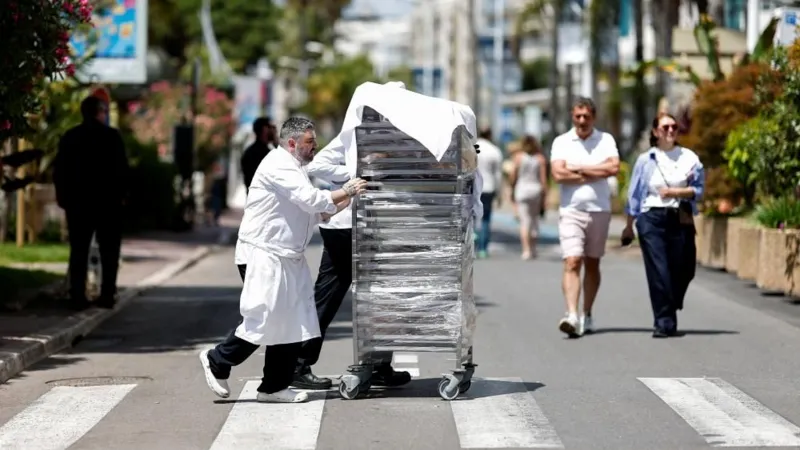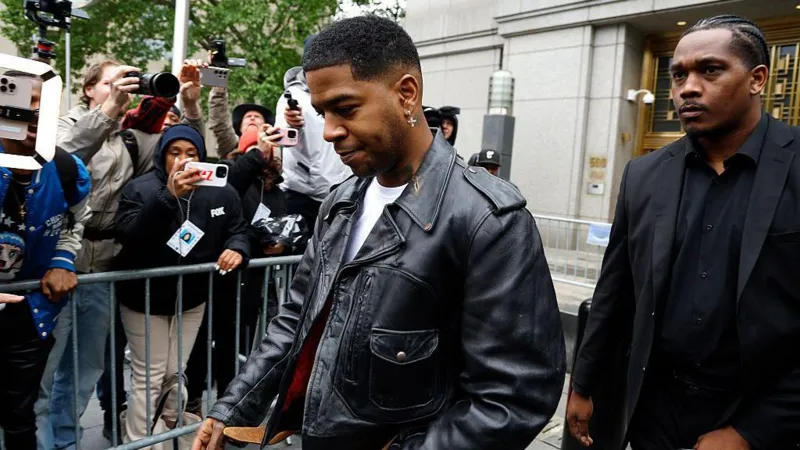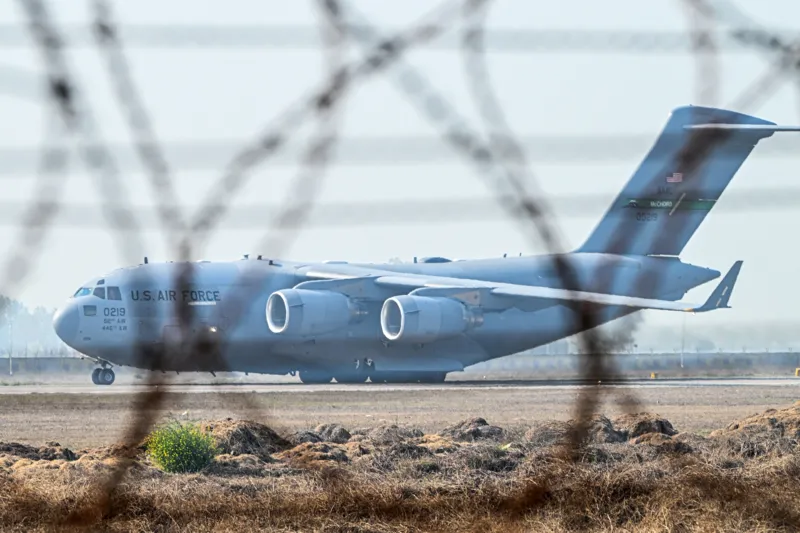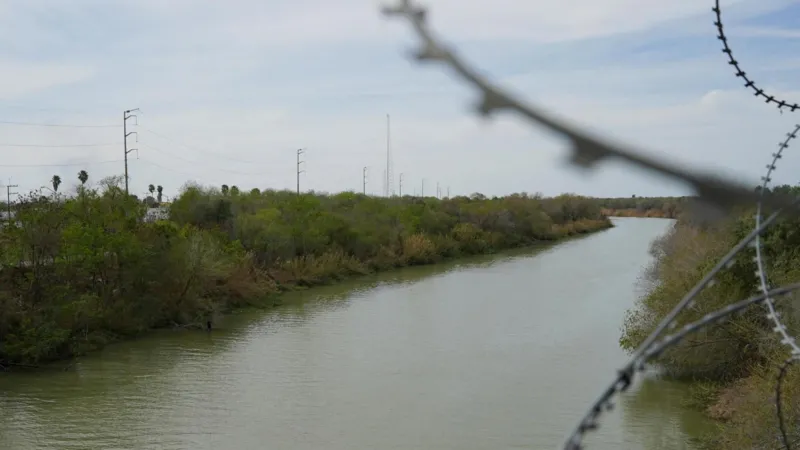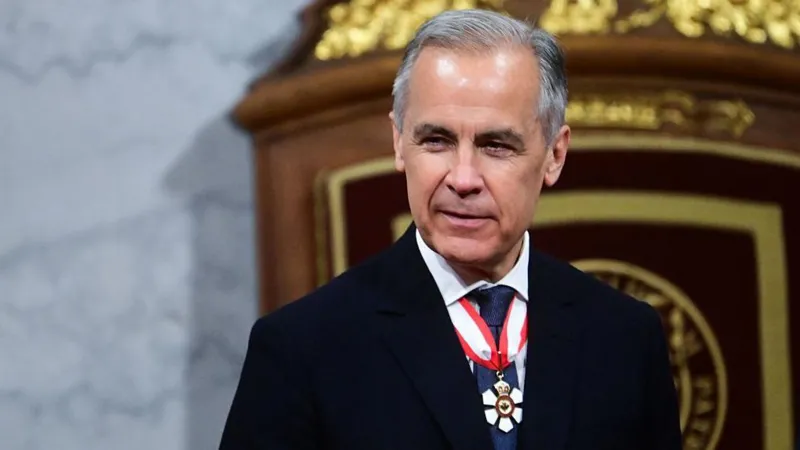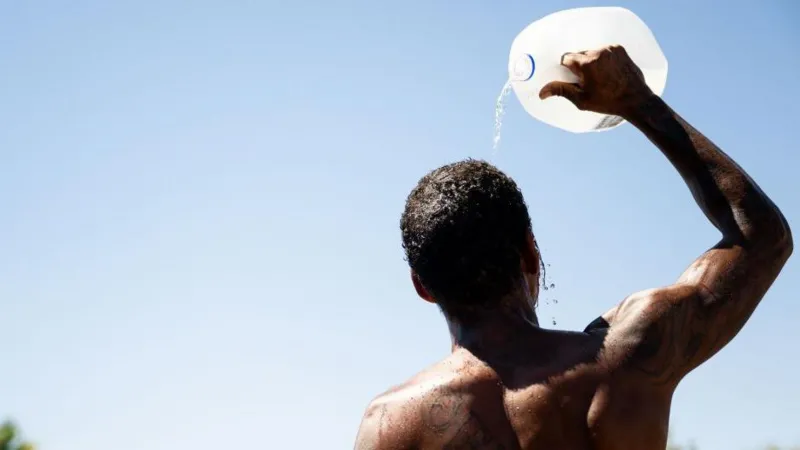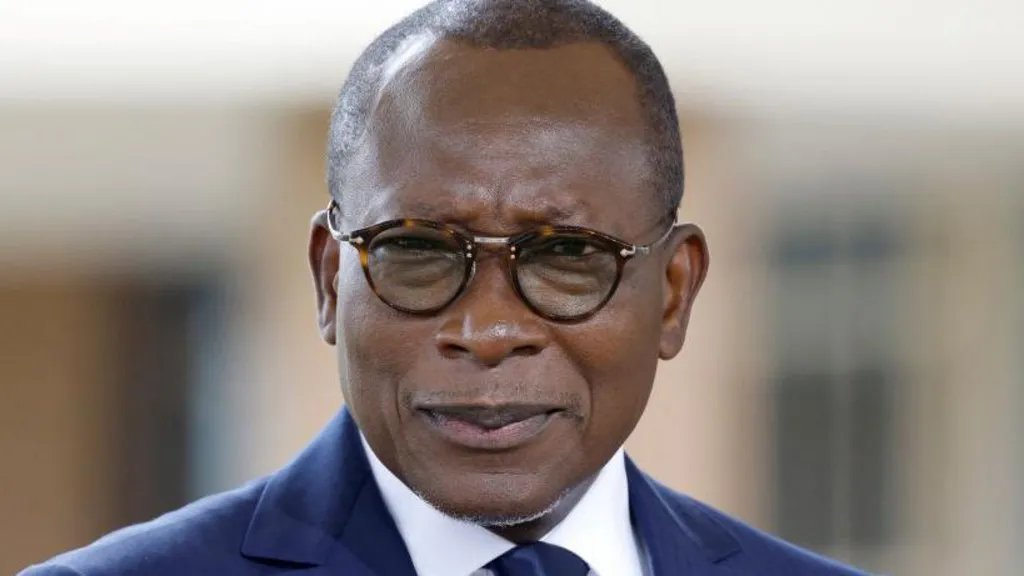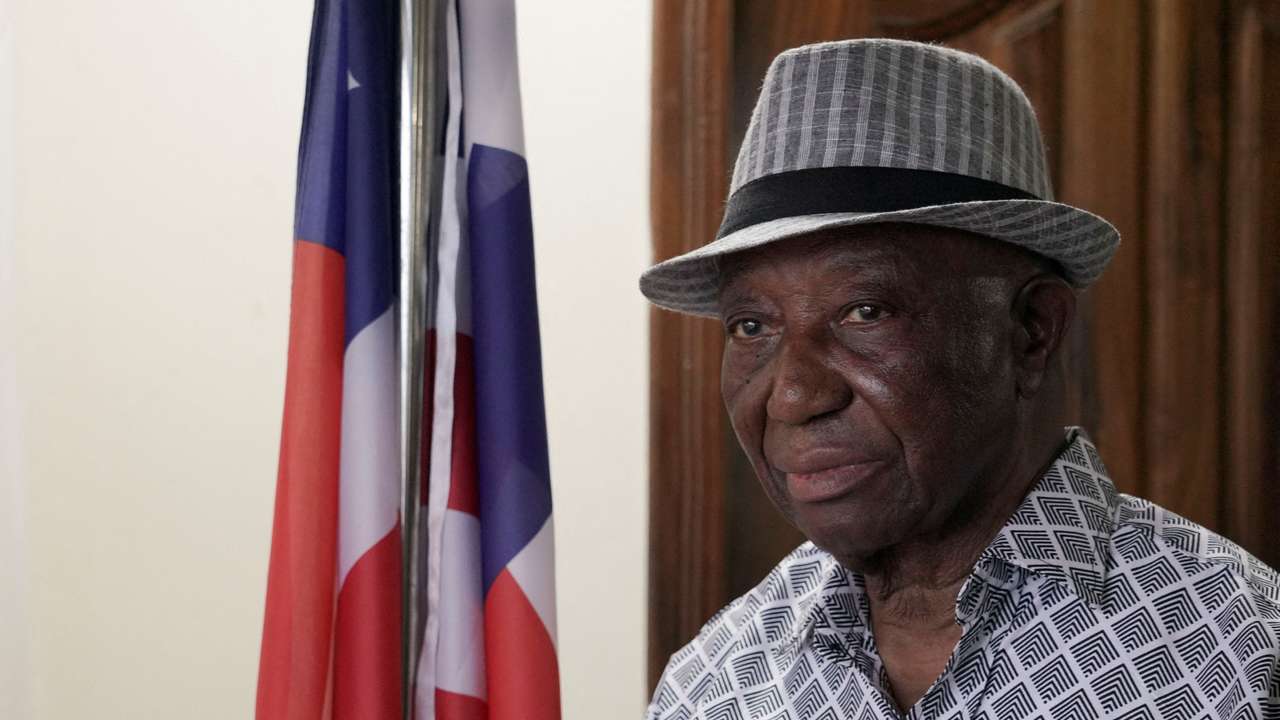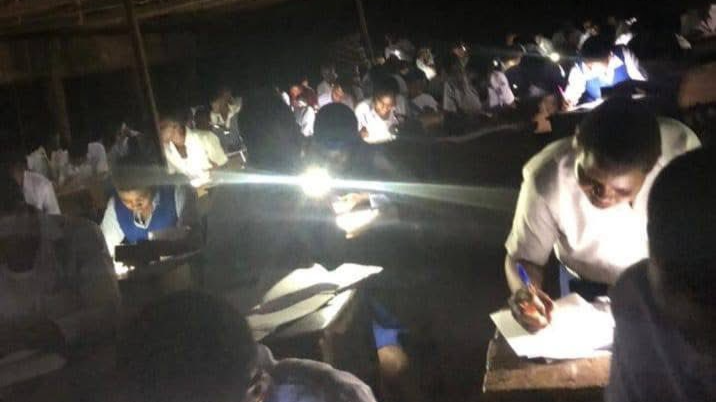‘Africa can feed the world, but we need to feed ourselves first’

Africa can Feed the World. That’s the title and premise of a recent book by agri-business titan George Forrest. He believes this feat is possible by 2050. And the government of the country which Forrest sees at the centre of this revolution say they have a plan to make it happen.
“He’s right,” says Daniel Mukoko Samba when I met him in a wood-panelled conference room above where delegates from across the world are meeting under the auspices of the Crans Montana Forum.
Only the week before, Mukoko had been visiting one of Forrest’s farms. There he saw some of the techniques that can transform his country’s economy from one powered by removing chunks of land to process into foreigners’ computer chips to one based on nurturing the earth and delivering what its own people need most.
It will be a challenging journey, as Mukuko Samba acknowledges: “So the yields are very low, food yields are low, rice, maize, and all those foodstuffs, we have very low yields. So until we see a sharp rise in the yields in the DRC, it's very difficult for us.”
But Mukoko Samba is confident - “we know what we need to do” - citing investment in infrastructure such as irrigation projects, seed production and research into better practices and technologies. Farmers also need support sourcing fertiliser and seeds, he adds.
The first step towards Africa feeding the world will be Africa feeding itself.
According to the United Nations Food and Agriculture Organisation, the DRC produced 4.1 million tonnes of cereals in 2024 but still needed to import a further 770,000 tonnes.
The government in Kinshasa sees self-sufficiency in staple crops as a ten-year project. Work has already started, but a lot more needs to be done.
Source: globalsouthworld.com








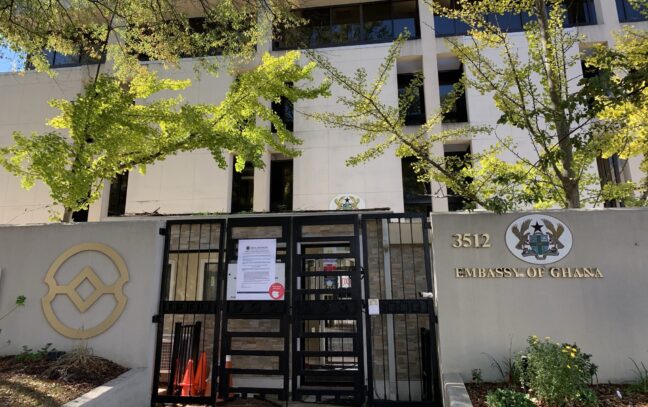








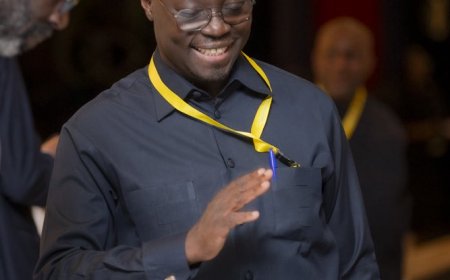

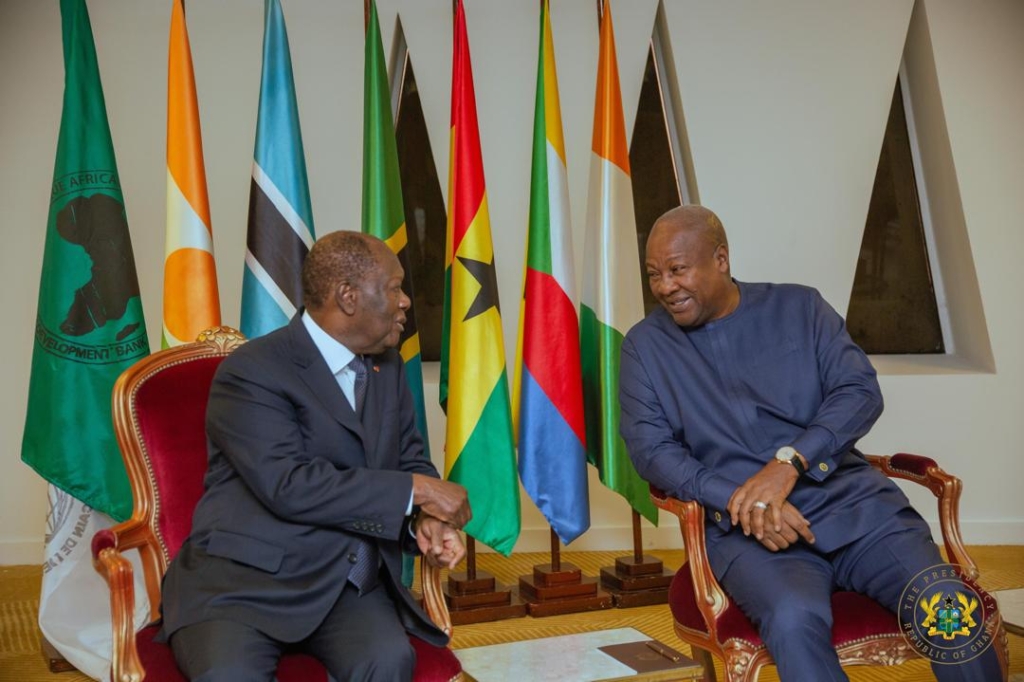


:max_bytes(150000):strip_icc():format(webp)/Health-GettyImages-ToothpasteOnAcne-4ea4cfedb2224b0fb601e61b59913d06.jpg)

:max_bytes(150000):strip_icc():format(webp)/Health-GettyImages-1884986319-66db20f6180d468f8183118af4d289ff.jpg)


